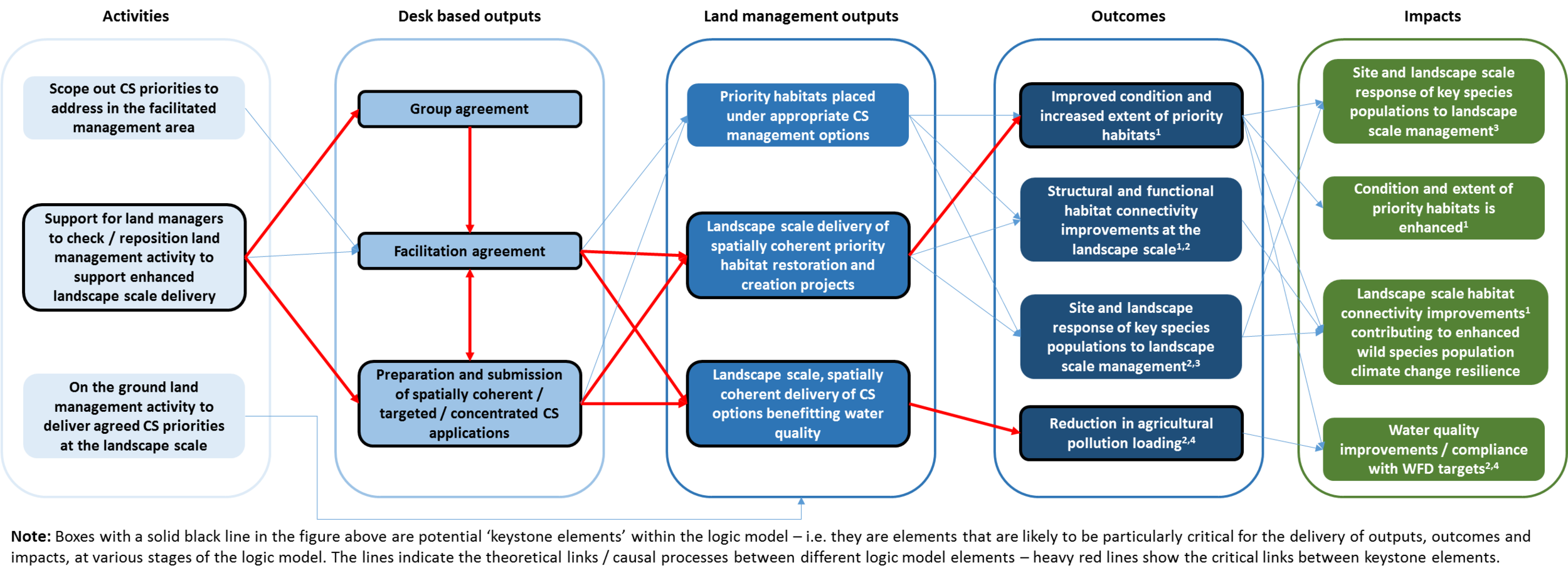Why are Cities Good for Sustainability?
Why are Cities Good for Sustainability?
Blog post by Rolands Sadauskis
Is this the new “age of the City”? Millions of people are moving to cities every week[1] and the growing numbers of megacities (with populations of over 10 million) have the capacity to rival nation states in power and influence. The importance of the city to achieve sustainability outcomes is increasing by the day.
In the urban curriculum cities are viewed as a double edged sword. They epitomise the social, economic and technological achievements of modern day societies. For policy makers, having people in a concentrated space can increase the effectiveness and efficiency of policy implementation, whereas urban citizens enjoy the benefits of more accessible education, health and work opportunities than their rural counterparts. However, there is a down side – cities generate the majority of the global carbon emissions[2] and consume the majority of energy resources[3]. Pollution and mobility challenges, social inequality, inadequate housing, and exposure to climate change impacts (e.g. floods, sea level rise, tropical cyclones etc.) are among many pressing issues that urban populations are facing globally.
Urban governance is a critical part of any urban sustainability solution that seeks to address these challenges. Urban policies are highly interdependent on each other. In this context, it is crucial to identify suitable governance arrangements to take these interdependencies and possible trade-offs into account. Further, cities are also profoundly connected to their suburban and rural hinterland and so their policies and activities can have a wide-ranging impact, especially on resource demand (consumption) and waste management.
In recent decades, numerous cities have actively taken the path towards sustainability and increasingly are acknowledging the efforts required to achieve their ambition by being part of international organisations committed to sustainable development (e.g. c40, ICLEI etc[4].). These cities have been implementing international standards and often applying and moving beyond existing national standards. A good example is the international response to climate change where cities are actively taking the lead in climate action and inspire deeper commitments from national governments and each other, in support of the 2015 Paris Agreement. More recently a new initiative is bringing together mayors from global cities to develop a collective message and engage in a G20 dialogue process with an urban perspective on key sustainability issues. The inaugural Urban 20 Mayors Summit (October 2018) will be the first ever international summit for cities with such a focus on global sustainability issues.
There are numerous benefits from cities taking the required actions and embracing sustainability. A global effort by cities would likely contribute significantly towards the achievement of various global agendas including the 2030 Sustainable Development Goals (SDGs) and the Paris climate agreement. It would also bring many social, economic and environmental benefits both in cities and their hinterland.
Achieving sustainability outcomes (such as highlighted in UN SDGs) requires a collective effort from all levels of policy making. In these efforts cities must and can be part of sustainable solutions on pressing global issues. Existing global trends in their increasing political influence and willingness to take the initiative in addressing the pressing needs of their citizens strongly suggest that cities provide a good platform for enhancing sustainability. Consequently, one should not question the importance of cities in achieving sustainability outcomes, but rather ask – do cities get the power they need to bring about the change required to address them?
by Rolands Sadauskis, Senior Consultant, CEP, 26 October 2018
[1] https://graylinegroup.com/urbanization-catalyst-overview/
[2] https://www.c40.org/why_cities
[3] https://unhabitat.org/urban-themes/energy/
[4] C40 is a network of the world’s megacities committed to addressing climate change, https://www.c40.org/; ICLEI is the leading global network of 1,500+ cities, towns and regions committed to building a sustainable future, https://www.iclei.org/.












